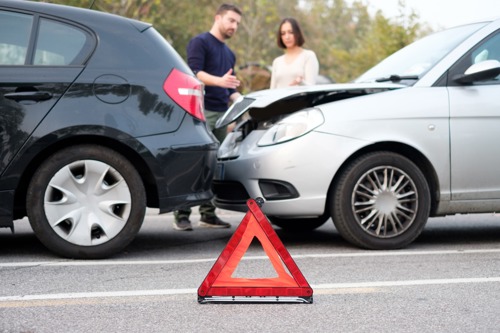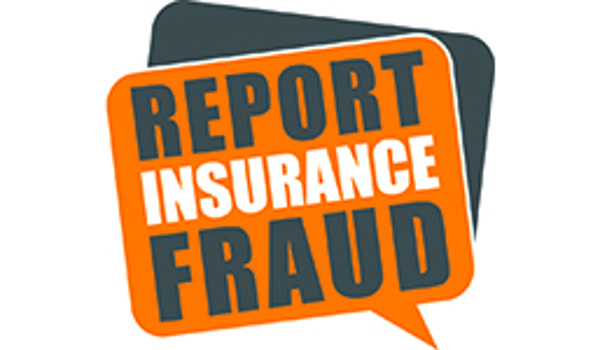What should you do if you're victim of a ‘Crash for Cash’?

‘Crash for Cash’ scams are a serious problem that impact thousands of road users each year.
By using dangerous and misleading driving manoeuvres, fraudsters lure innocent motorists into a collision, leaving drivers not only shaken but appearing at fault. This leaves scammers in a position to make bogus insurance claims for financial compensation.
With an estimated one in every 10 motor insurance claims for personal injury linked to a ‘Crash for Cash’, the scam is sadly more common than people think.
The Insurance Fraud Bureau (IFB) are working alongside police and insurers to tackle organised insurance fraud, and its experts have compiled a list of essential tips to help drivers know what steps to take, should they fall victim to a ‘Crash for Cash’:
- Avoid accusations. For your own safety, don’t accuse the other driver of committing a ‘Crash for Cash’ – fraudsters often have no qualms about showing aggression. If the incident was fraudulent, it can always be exposed in a later investigation. It’s equally important not to admit liability if you feel the collision wasn’t your fault. If you’re pressured into admitting responsibility, say that the decision of liability is best left for the insurer to make.
- Swap insurance details. It’s a legal requirement to stop your vehicle and exchange details after a collision. Even if you strongly suspect you were victim of a ‘Crash for Cash’, you must comply with these legal requirements. If you fail to swap your vehicle and exchange details, you could be seen as responsible for a 'hit and run'.
- Call for support. If you’re feeling nervous or intimidated, or suspect you're being scammed, it’s best to call your local police force for support. It’s also a legal requirement to do so if there are any apparent injuries at the scene of the collision.
- Count the passengers. Try to note the number of passengers in the other vehicle. A fraudster might exaggerate the number of injured passengers in the days to come.
- Collect essential information. As well as taking the other driver’s insurance details and noting the number of passengers in their vehicle, make sure to collect as much information as possible about the other driver and passengers’ details, and circumstances of the collision. This can include written information, pictures and dashcam footage. Take a note of the registration number, road markings, and condition of the other vehicle (cars frequently used for scams have existing rear damage). Note if there is any CCTV in the surrounding area. And ask any independent witnesses for their details too.
- Report your concerns. If you have suspicions that the collision was induced by a fraudster, make sure to inform your insurer and your local police force.
Then make sure to report your suspicions to the IFB’s CheatLine. Insurance fraud can be reported anonymously at insurancefraudbureau.org/cheatline or on the CheatLine phoneline (powered by Crimestoppers) at 0800 422 0421.

